
Main Second Level Navigation
Breadcrumbs
- Home
- Research
- Research events
- The Undergraduate Research Conference
- 2023: Making Sense of Senescence
Making Sense of Senescence: Aging Through a Microscopic and Macroscopic Lens
11th LMPSU conference
Organised by the undergraduate students in the Department of Laboratory Medicine and Pathobiology, join us this January as we dive into some amazing research conducted by renowned scientists on the science of aging and senescence.
You can contact the LMPSU committee at lmpexecs@gmail.com.
Information for attendees
This conference took place on Saturday, January 14, 2023.
You can see a highlights video of the day on Youtube or Instagram.
You can see the photos on Flickr.
Who this conference is for
We welcome all interested learners, faculty and alumni from the University of Toronto.
The Agenda
8:30 – 9:30 Breakfast and registration
09:30 - 09:35 Welcome! Bonnie Yang and Britney Feng, LMPSU Co-Presidents
09:35 - 09:45 Opening remarks: Dr. Rita Kandel, LMP Chair
09:45 - 10:25 Keynote speaker: Dr. Karim Mekhail "The nuclear lamina in genome stability, cellular senescence, and cancer"
10:25 - 11:05 Dr. Ekaterina Rogaeva "Double trouble from genes and aging"
11:05 - 11:45 Dr. Lea Harrington "Genetic and epigenetic vulnerabilities to telomere erosion in mammalian cells"
11:45 - 12:45 Lunch and networking
12:50 - 13:30 Dr. Tony Parks "What can the placenta tell us about cardiovascular disease in women?"
13:30 - 14:10 Dr. Marc Grynpas "How conjugated drugs can regenerate bone"
14:10 - 14:30 Break
14:30 - 15:50 Panel discussion: the future of senescence research:
- Dr. Jim Woodgett, Professor, Department of Medical Biophysics, University of Toronto
- Dr. Norman Rosenblum, Professor, Department of Paediatrics, University of Toronto
- Dr. Ana Konvalinka, Assistant Professor, Department of Medicine, University of Toronto
- Dr. Lea Harrington, Chair, Department of Biochemistry, University of Toronto
15:50 - 16:00 Closing remarks: Bonnie Yang and Britney Feng
Photography and videos
We will be taking photographs and recording some videos for departmental purposes.
If you do not wish to be in any of the photos or videos, please make yourself known to the person taking pictures or videos.
Speaker biographies
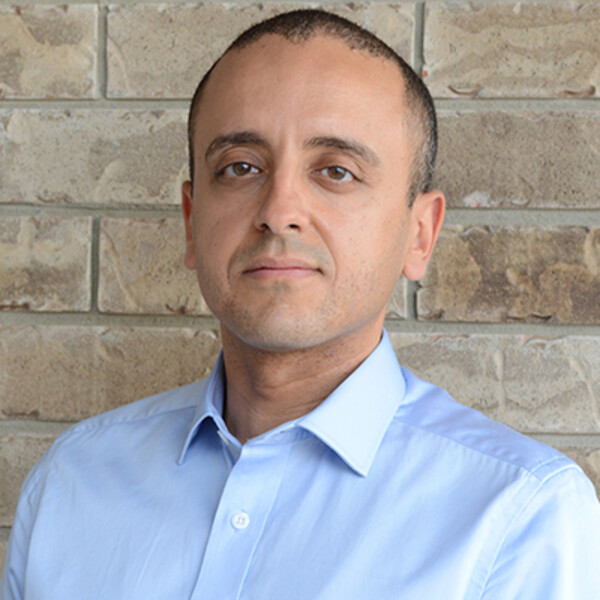
Dr. Karim Mekhail
Professor, Department of Laboratory Medicine & Pathobiology, University of Toronto
Keynote speaker at 9:45 am: The nuclear lamina in genome stability, cellular senescence, and cancer
Prof. Karim Mekhail is a full professor of Laboratory Medicine and Pathobiology and a member of the Royal Society of Canada. He is an internationally renowned leader in nuclear organization and its roles in fundamental molecular processes, aging, and age-related diseases such as cancer and neurodegeneration.
He discovered seminal roles for the nuclear envelope in maintaining genome stability and showed how the alteration of such processes contributes to health and disease states. Amongst his seminal contributions is the discovery of nucleolar RNA polymerase II, the directional movement of DNA, the first molecular DNA ambulance, DNA repair by liquid-like proteins, novel therapeutic targets for breast and ovarian cancer control, and the functions of genes linked with several neurodegenerative disorders.
His laboratory relies on multidisciplinary tools at the intersection of molecular biology, engineering, and bioinformatic approaches applied within different experimental systems, including human cells, patient samples, and mouse and yeast genetic models.

Dr. Ekaterina Rogaeva
Professor, Department of Medicine, University of Toronto
Speaking: 10:45 am: Double Trouble from Genes & Aging
Dr. Rogaeva’s graduate degree (1983) and PhD in Biochemistry (1988) were obtained at Moscow State University.
For the past 30 years, she has been doing genetic research at the University of Toronto in Tanz Centre for Research in Neurodegenerative Diseases. In 2001, Dr. Rogaeva obtained the New Pioneer Award from the Ontario government in the Science and Technology category. In 2013, she obtained the Lewy Body Chair position, and was promoted to Full Professor in 2015.
Dr. Rogaeva contributed to 393 peer-reviewed papers (h-index=91). Most of these papers are focused on the development of effective genetic testing of neurodegenerative diseases (eg, Alzheimer’s Disease, amyotrophic lateral sclerosis and Parkinson’s Disease). For instance, she played a central role in the discovery of several genes associated with Alzheimer’s Disease (eg, PSEN1, PSEN2 and SORL1).
More recently, Dr. Rogaeva's studies are focused on the link between neurodegenerative disorders and epigenetic events, such as age-related DNA methylation reflecting the biological aging.
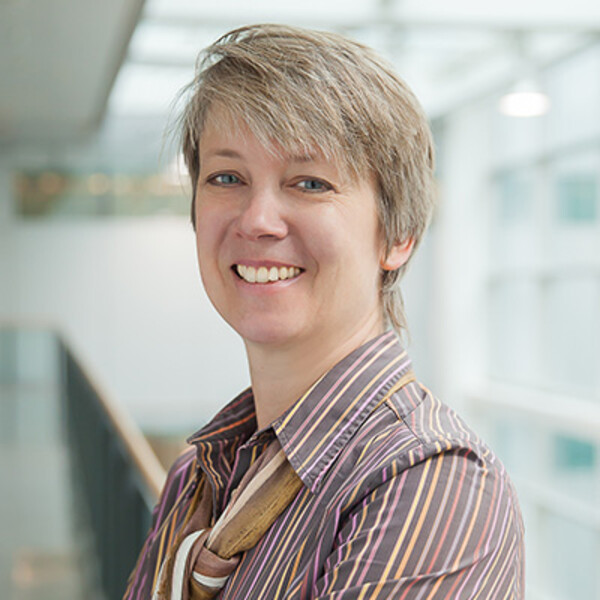
Dr. Lea Harrington
Chair of the Department of Biochemistry, University of Toronto
Speaking 11:05 am: Genetic and epigenetic vulnerabilities to telomere erosion in mammalian cells
Dr. Harrington and her group study the mechanisms by which chromosome ends, or telomeres, are elongated and protected by the enzyme telomerase. Her laboratory employs several models, from yeast to mammals, to reveal unexpected consequences of limiting telomerase function in senescence, cancer, and stem cell fate.
Dr. Harrington obtained her MSc at the University of Toronto (1990) and her PhD at SUNY, Stony Brook (1993). She previously led research groups at the University Health Network (Amgen Institute), University of Edinburgh, and University of Montreal.
Dr. Harrington received a Terry Fox Young Investigator award from the National Cancer Institute of Canada, and a Howard Hughes Medical Institute International Scholar Award.
Dr. Harrington serves as co-Chair of the Medical Review Panel for the Gairdner Foundation, and is Senior Editor of the medical textbook, the Basic Science of Oncology (McGraw-Hill). Dr. Harrington has enjoyed the opportunity to work with over 50 students, postdoctoral fellows and associates, including several who have pursued careers in academic, industry or government positions.
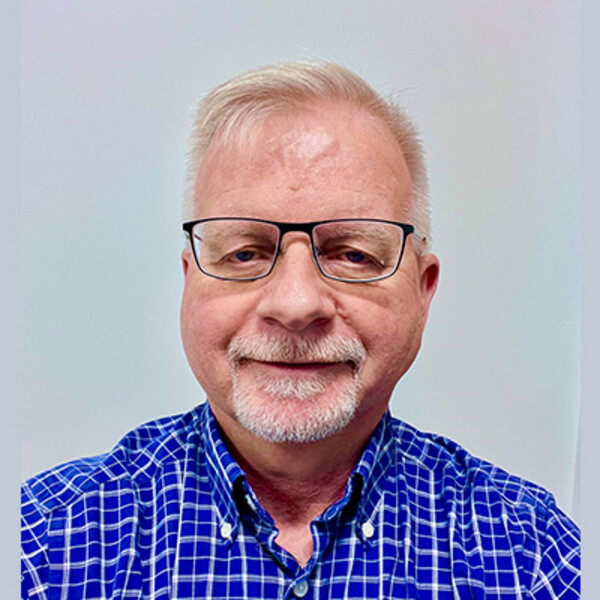
Dr. William Tony Parks
Professor, Department of Laboratory Medicine & Pathobiology, University of Toronto
Speaking 12:50 pm: What can the placenta tell us about cardiovascular disease in women?
Dr W. Tony Parks received his medical degree from Washington University School of Medicine in St. Louis.
After completing a residency in Anatomic Pathology at the University of Colorado, he undertook a research fellowship at the National Cancer Institute in Bethesda, MD, studying the biochemistry of the TGF-beta signaling pathway.
His clinical subspecialty is perinatal pathology, with a particular interest in the placenta.
He has been the Director of Perinatal Pathology at Magee-Women’s Hospital, Dartmouth-Hitchcock Medical Center and Northwestern University Medical Center.
Read about his research in Predicting heart disease risk and aging processes: the understudied placenta

Dr. Marc Grynpas
Professor, Department of Laboratory Medicine & Pathobiology, University of Toronto
Speaking 1:30 pm: How conjugated drugs can regenerate bone
Marc Grynpas, PhD, is a professor in the Department of Laboratory Medicine and Pathobiology and a member of the Institute for Biomedical Engineering at the University of Toronto. He is also a Senior Scientist at the Lunenfeld-Tanenbaum Research Institute of Mount Sinai Hospital. He is the Director of the Bone and Mineral Research Group at the University of Toronto.
Dr. Grynpas graduated from the Free University of Brussels with an undergraduate degree in Physics. At the University of London, he completed his Ph.D. in Crystallography and Biophysics on the structure of bone. After a post-doctoral fellowship at Queen Mary College (University of London) on the relationship between bone structure and bone mechanical properties, he joined the laboratory of Professor Melvin Glimcher at the Children’s Hospital in Boston (Harvard Medical School) where he worked on the nature of the bone mineral.
His research laboratory is located at The Lunenfeld-Tanenbaum Research Institute of Mount Sinai Hospital in Toronto. He has published over 260 refereed papers, 26 book chapters, and proceedings and is currently holding 5 patents.
Dr. Marc Grynpas’ research focuses on the structure, chemistry, and biology of the skeleton. His work covers basic research on biological mineralization to translational research on bone fragility in osteoporosis. More specifically, he is trying to understand the mechanisms, which lead to bone fragility in osteoporosis and joint degeneration in arthritis. Using animal models, he is investigating the determinants of bone quality. He is also working together with colleagues on new biomaterials and conjugated drugs to regenerate bone.
Panel discussion: the future of senescence research
Our panelists include:
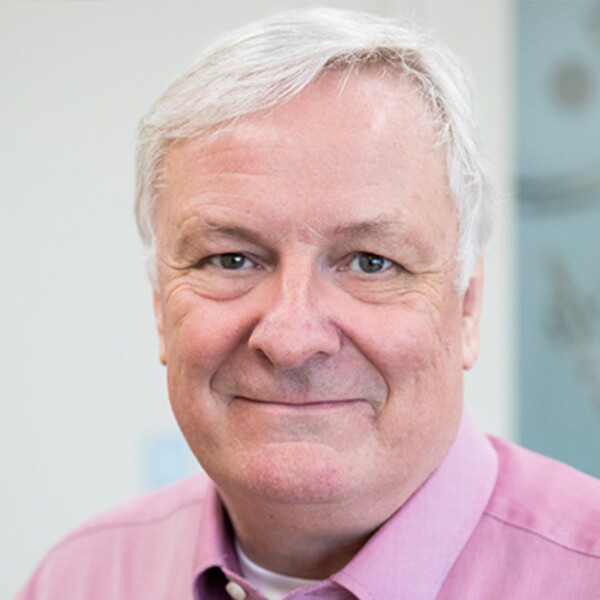
Dr. Jim Woodgett
Professor, Department of Medical Biophysics, University of Toronto
Jim Woodgett is a Senior Scientist at the Lunenfeld-Tanenbaum Research Institute (LTRI), Professor in the Department of Medical Biophysics, University of Toronto and President and Scientific Director of the Terry Fox Research Institute.
After his doctorate in biochemistry from the University of Dundee, he pursued postdoctoral studies at the Salk Institute and then established an independent research group at the Ludwig Institute for Cancer Research, London, UK where he isolated and characterized genes for several regulators of key signaling pathways.
In 1992 he moved to the Ontario Cancer Institute in Toronto where his lab focused on signalling mechanisms underscoring malignant growth, degenerative diseases and diabetes. He moved to the LTRI in 2005 where he served as Director of Research at LTRI for 15 years.
A significant fraction of his publications relate to the biology and functions of a protein termed GSK3, which was a topic of the last chapter of his PhD thesis, highlighting the long time-lines associated with pursuit of fundamental biological science. Over that time, he has trained over 50 students and fellows and is a passionate advocate of young scientists from all walks of life.
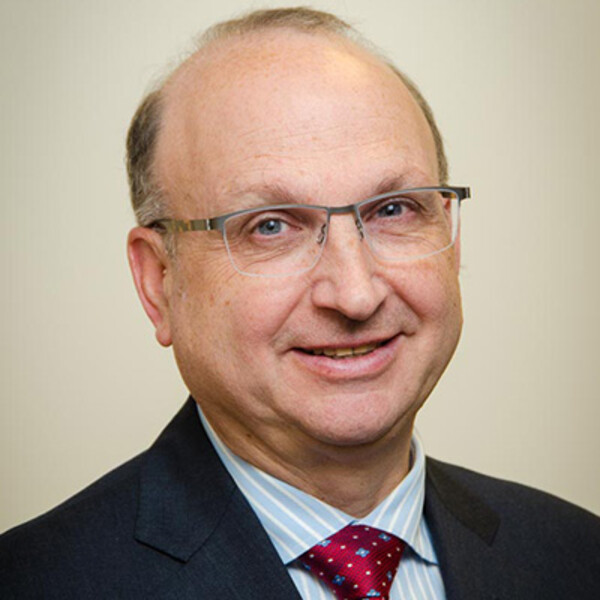
Dr. Norman Rosenblum
Professor, Department of Paediatrics, University of Toronto
Dr. Norman Rosenblum is Professor of Paediatrics, Physiology, and Laboratory Medicine and Pathobiology at the University of Toronto, a Paediatric Nephrologist and Senior Scientist at the Hospital for Sick Children, and Scientific Director of the Canadian Institutes of Health Research (CIHR) Institute of Nutrition, Metabolism and Diabetes (INMD).
Dr. Rosenblum is a graduate of the Dalhousie University MD Program, the Children’s Hospital, Boston Pediatric residency and Fellowship in Pediatric Nephrology, and a postdoctoral fellowship in the laboratory of Bjorn Olsen in the Department of Anatomy and Cell Biology, Harvard Medical School.
The focus of Dr. Rosenblum’s research is to elucidate molecular mechanisms that control normal and malformed kidney development. In genetic mouse models and human organoids, his lab has elucidated the functions of BMP, WNT and Hedgehogs, has generated several models of human kidney-urinary tract malformation, and has published over 140 peer-reviewed original manuscripts and book chapters.
Dr. Rosenblum has been deeply engaged in developing and managing career development programs for clinician scientists. He founded and led the Canadian Child Health Clinician Scientist Program from 2001-2012 and served as Associate Dean, Physician Scientist Training in the Faculty of Medicine, University of Toronto, from 2008-2017.
Dr. Rosenblum is the recipient of the Aventis Pasteur Research Award, the American Pediatric Society Norman J. Siegel Outstanding Science Award, the Paediatric Chairs of Canada Paediatric Academic Leadership-Clinical Investigator Award, the Society for Pediatric Research Maureen Andrew Award in Mentoring, the Kidney Foundation of Canada Medal for Research
Excellence, and a Tier I Canada Research Chair. In 2018, the University of Toronto Faculty of Medicine established the Norman Rosenblum Award for Excellence in Mentorship in the MD/PhD Program in recognition of Dr. Rosenblum's outstanding contributions to mentoring of MD/PhD students. He is an elected fellow of the Canadian Academy of Health Sciences.
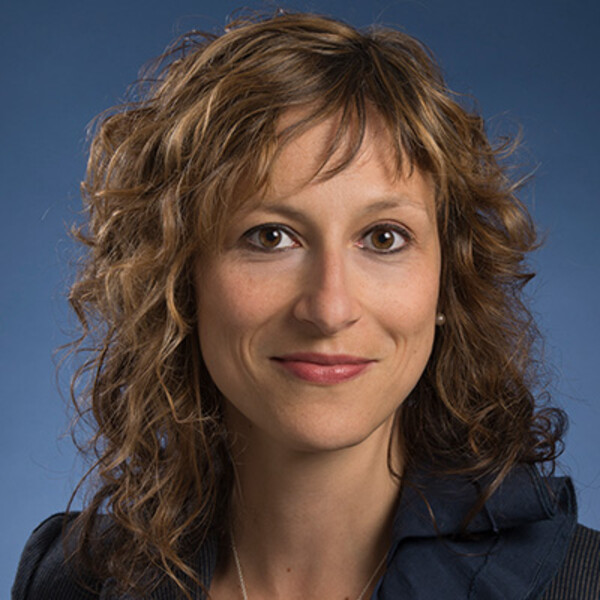
Dr. Ana Konvalinka
Assistant Professor, Department of Medicine, University of Toronto
Dr. Ana Konvalinka (MD, PhD, FRCPC) is a clinician scientist and transplant nephrologist at the University Health Network in Toronto. She is an Assistant Professor at the University of Toronto and a Senior Scientist at Toronto General Hospital Research Institute.
Following a bachelor’s degree in Human Biology at the University of Toronto, Dr. Konvalinka completed medical studies at the University of Ottawa in 2003. She then completed internal medicine and nephrology training in Toronto in 2008. She subsequently embarked on a PhD in basic science, under the supervision of Dr. James Scholey and Dr. Eleftherios Diamandis. Her PhD thesis addressed the effect of angiotensin II on the proteome of primary human proximal tubular cells, and the relevance of this effect in vivo. Following completion of her PhD in 2013, she went on to do the clinical kidney transplant fellowship at Toronto General Hospital.
Dr. Konvalinka joined faculty at the University Health Network in 2015. Her main clinical and research interests are in antibody-mediated rejection and kidney allograft fibrosis. She utilizes systems biology approaches and proteomics to enhance the understanding of the mechanisms, derive novel markers and to repurpose drugs for treatment of kidney disease. Dr. Konvalinka is the director of the Multi-Organ Transplant biobank for kidney, pancreas, and liver transplant programs at the Ajmera Transplant Centre.
She has received international research awards - the Human Proteome Project (2016), the American Society of Transplantation Faculty-Development Research Grant (2016) and the Advances in Organ Transplantation Award (2015); and national research awards - Canadian Society of Transplantation Research Excellence Award (2020), Canadian Society of Nephrology New Investigator Lectureship (2017) and the KRESCENT New Investigator Award (2016).

Dr. Lea Harrington
Chair, Department of Biochemistry, University of Toronto
Dr. Harrington and her group study the mechanisms by which chromosome ends, or telomeres, are elongated and protected by the enzyme telomerase. Her laboratory employs several models, from yeast to mammals, to reveal unexpected consequences of limiting telomerase function in senescence, cancer, and stem cell fate.
Dr. Harrington obtained her MSc at the University of Toronto (1990) and her PhD at SUNY, Stony Brook (1993). She previously led research groups at the University Health Network (Amgen Institute), University of Edinburgh, and University of Montreal.
Dr. Harrington received a Terry Fox Young Investigator award from the National Cancer Institute of Canada, and a Howard Hughes Medical Institute International Scholar Award.
Dr. Harrington serves as co-Chair of the Medical Review Panel for the Gairdner Foundation, and is Senior Editor of the medical textbook, the Basic Science of Oncology (McGraw-Hill). Dr. Harrington has enjoyed the opportunity to work with over 50 students, postdoctoral fellows and associates, including several who have pursued careers in academic, industry or government positions.
